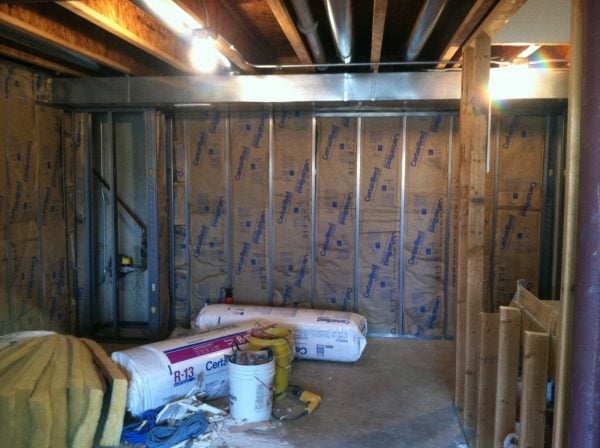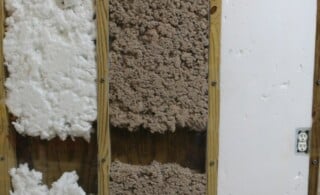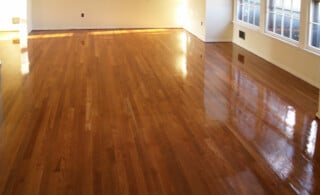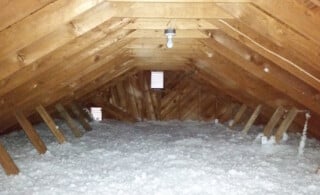
It seems everything’s going green these days, and when it comes to home insulation, cotton leads the charge. Cotton insulation is made from renewable and recycled resources, is safe and easy to install, has far fewer health hazards than comparable fiberglass insulation, and insulates just as well. If you’re thinking green when it comes to insulating your home, cotton is certainly worth checking out.
Where Cotton Insulation Comes From
Building green doesn’t just mean building energy efficient homes. It also means using materials and designs that have the lowest possible impact on the environment. Insulation made from cotton certainly fits that bill. First of all, cotton is an abundantly renewable resource that can be replanted and harvested annually in a sustainable manner. Even better, though, is the fact that most of the cotton that goes into insulation comes from shredding denim scraps discarded by denim manufacturers, meaning that insulation made from cotton comes from renewable and recycled sources!
Cotton Insulation is Safe to Handle and Install
Anyone who has installed fiberglass insulation, either in bats or as blow in insulation, knows that it is nasty stuff to work with. Since it’s made from finely spun glass that is loosely bound together, it can cause irritation to exposed skin and releases fibers into the air that can cause serious respiratory problems. Furthermore, most fiberglass insulation uses formaldehyde as a bonding agent that can leach from the insulation into your home. Cotton insulation, on the other hand, is as safe to handle as the blue jeans in your closet, releases no fibers into the air when it’s being worked with, and is treated with a completely safe boric acid solution for fire and pest protection. You’ll be hard pressed to find a more consumer friendly insulation anywhere in the industry.
Ready to start your cotton insulation?
Find ProsCotton Insulation vs. Fiberglass Insulation
It’s already been established that cotton is a superior product from both a health and an ecological perspective. While those are good selling points, the thing homeowners are most concerned with is R-value or how well it insulates your home. Insulation made from cotton has a general R-value of 3-4 per inch compared to fiberglass insulation batts with R-values ranging from 5 to 7 per inch. In short, cotton insulation isn’t quite as efficient as fiberglass, an issue that is usually addressed by installing thicker bats or more layers. By increasing the thickness of the layer of insulation you install you can easily raise R-values to comparable levels. The one downside of that, however, is cost. Expect to pay 15-20% more for cotton than fiberglass insulation to achieve similar insulation levels.
Choosing Cotton Insulation for the Right Reasons
It’s true, from a purely financial standpoint, that cotton can’t quite match its fiberglass counterparts. But when you factor in the intangibles, it’s easy to see that you’re not just paying for the insulation itself. For one, you’re buying a healthier product, a factor that you really can’t put a price on. And two, you’re purchasing a product that is easier on the environment, something that in these times of environmental uncertainty is worth a lot as well. What is certain is that cotton is an excellent insulation alternative for those embracing the booming world of green building. If that sounds like you, talk to a retailer who specializes in insulation about insulating your home with cotton.
 Fiberglass Insulation: A Simple Energy Saver
Fiberglass Insulation: A Simple Energy Saver  Insulating a Wood Floor
Insulating a Wood Floor  Protect Your Garage With Garage Door Insulation
Protect Your Garage With Garage Door Insulation  Roof Insulation Captures Escaping Energy
Roof Insulation Captures Escaping Energy 

When my studio/home caught fire, there was never a huge flame nor consumption of the main structure because I had wool carpeting and cotton insulation in the ceiling. This was a very old home built in the 1940’s which easily could have been consumed in a short amount of time. In the end, the interior needed reconstruction due to the amount of smoke and heat, but things would have been considerably worse if typical modern building materials had been used.